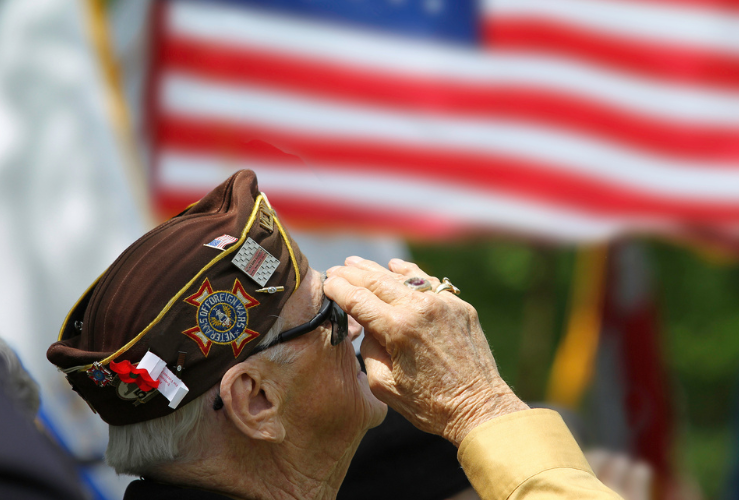Veterans in Hospice Care: Providing Support for Our Heroes

As our nation honors its veterans, it is essential to understand the unique challenges they face, especially when it comes to hospice care. Many veterans are confronted with complex health issues stemming from their service, and as they approach the end of their lives, understanding their options for hospice care becomes crucial. In this blog post, we’ll explore hospice home care: what to expect, who qualifies for hospice care, and the requirements involved, while also shining a light on the specific support available for veterans.
What is Hospice Care?
Hospice care is a specialized type of care designed to provide comfort and support for individuals facing life-limiting conditions. Unlike curative treatments, hospice focuses on enhancing the quality of life through pain management and emotional support. Veterans, often affected by conditions such as PTSD, chronic pain, or terminal illnesses, can greatly benefit from the compassionate approach of hospice care.
For a comprehensive understanding, visit our hospice care options page to explore the variety of services available.
Who Qualifies for Hospice Care?
Determining who qualifies for hospice care is vital for ensuring that veterans receive the support they need. Generally, individuals who have a terminal illness with a prognosis of six months or less to live are eligible for hospice services. Importantly, veterans may also qualify for hospice care through the Department of Veterans Affairs (VA), which prioritizes their unique health care needs as part of their benefits.
If you are a veteran or know one in need, check our FAQs page for additional information on eligibility.
Hospice Care Requirements
Understanding hospice care requirements is essential to navigating this process. Typically, the requirements include:
- A physician's evaluation confirming that the patient's condition is terminal.
- Acceptance of palliative care rather than curative treatment.
- A commitment from the patient and their family to participate in the hospice care plan.
For veterans, having documentation of their service may assist in accessing additional benefits when seeking hospice care.
For a detailed overview, visit our about page to learn more about how we can help veterans navigate these requirements.
Hospice Home Care: What to Expect
When a veteran enters hospice home care, they can expect a range of services tailored to their specific needs. This includes:
- Home Health Aides: Assisting with daily activities and personal care.
- Nursing Care: Providing medical support to manage symptoms effectively.
- Counseling Services: Offering emotional and spiritual support for the veteran and their family.
Additionally, family members can expect to receive support and guidance to help them provide care and cope with their loved one’s condition.
For more insights into the details of hospice home care, visit our resources page.
Supporting Our Veterans
Providing support for veterans in hospice care is critical. Their service deserves recognition, respect, and compassionate care at the end of their life. Families of veterans should not hesitate to reach out for help, as numerous programs and services are designed specifically for their needs.
Veterans can also access specialized programs through the VA, such as the Veterans Health Administration, to connect them with tailored hospice services. More information on this can be found in our for physicians section.
In conclusion, the journey of veterans into hospice care should be met with dignity, understanding, and the highest quality of compassionate care. By knowing what is hospice care, the qualifications, and the services available, we can ensure that our veterans receive the support they have rightfully earned throughout their lives.
If you or a loved one require assistance, please don't hesitate to contact us through our contact page for help with accessing hospice services.
Let us continue to honor our veterans by ensuring they receive the best possible care during their final journey.

